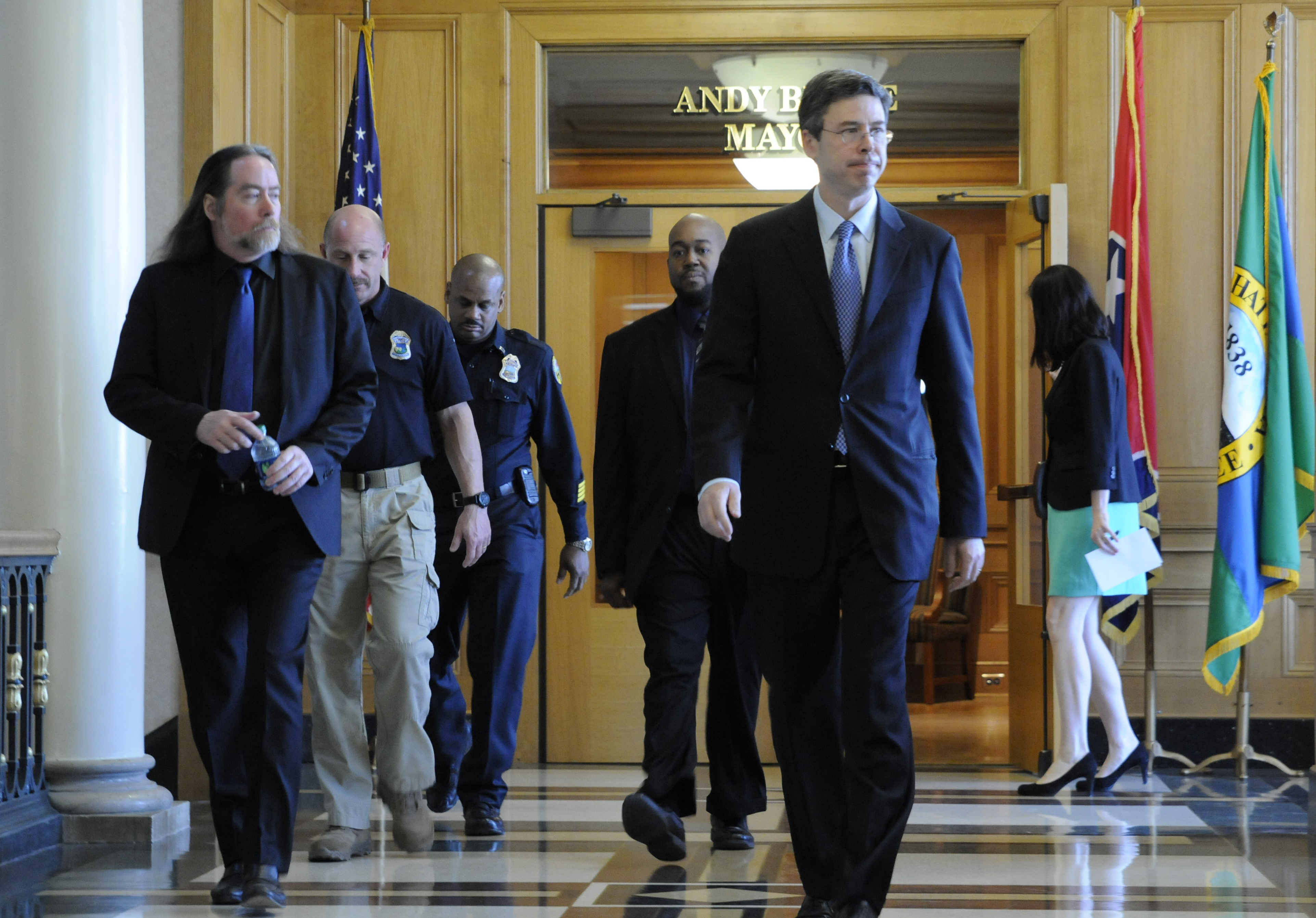After a week of gun violence in Chattanooga that has resulted in 10 people shot, and three of those dead, some in the community have begun to question the wisdom and effectiveness of the Chattanooga Violence Reduction Initiative (VRI). As understandable as this is, this is a moment for the city to renew its commitment to VRI, rather than retreat from it.
The simple fact is that the approach behind VRI works. It has a long track record, in many different settings around the nation, of effectively reducing violence. It has unparalleled results in formal evaluations -- earning it the highest evidence-based rating from the Department of Justice's CrimeSolutions.gov-- and its impact is dramatic when it takes hold on the streets.
However, it is not perfect. Even in the cities where it has been the most effective, there are inevitably bad stretches. VRI is a treatment for a problem for which there is, so far, no cure.
Chicago -- one of the most demanding environments in the nation where violence is concerned-- has seen major declines in homicide and shooting since it began its version of VRI; violence is now down to mid-1960s levels.
But the partners there still see spikes in violence, and when they do, it has become standard operating procedure not to abandon the approach but to ramp it up: to increase the strategy's core focus on the street groups that drive every city's violence and to enhance the dosage of "call-ins" (face-to-face meetings between group members, community members and social service providers), "custom notifications" (the same basic idea, but taken personally to key "impact players" wherever they may be in the community), and, where necessary, very serious law enforcement attention.
This is the path Chattanooga should follow, as well.
During call-ins and custom notifications, the city speaks directly to members of violent groups, makes crystal-clear that the community cares about them but utterly rejects violence, and makes them a promise: we'll help you if you let us, and we'll stop you if you make us.
Chattanooga is doing it right -- the city's partnership is strong and the call-ins are among the most powerful we've seen nationally (my organization, the National Network for Safe Communities, is sending other cities to Chattanooga to see and learn from what the city is doing).
So far, Chattanooga has kept its promise on both counts: those who have asked for help have gotten it, and groups that have killed have received the full attention of law enforcement. Each such act is a demonstration that the city means business and will follow through with what it says.
When the streets believe that the new rules are real, they will respond: violence will go down, and the number of group members who take advantage of the help being offered will go up.
Many cities see decreases in violence after the first or second call-in. In other cities, it takes several call-in cycles before the core group members get it and serious violence reduction sets in.
Nobody wants to see increases in shooting and homicide. But the greatest danger in these moments is that -- out of a justifiable sense of urgency -- the partnership will veer off, not stay the course, and fail to keep the promises it has made to the streets. The temptation to return to the tired old menu -- more enforcement, more arrests, more social programs -- is powerful. But those things did not work when they were tried before, and they will not work now.
Worse, profligate law enforcement -- particularly the heavy-handed policing often thrown at "high crime" neighborhoods -- alienates the community, undercuts its willingness to take a strong stand with the very few truly dangerous amongst them, and damages the legitimacy of the police.
That is exactly why VRI was developed. It remains the best -- if still an imperfect -- route to preventing violence and incarceration among those most likely to be touched by both; helping law enforcement to do their job in a way that does not harm, and instead strengthens, the communities they serve; and supporting the community to step forward, stand together with law enforcement, and reset its own public safety standards.
We have yet to see a city where this has been done well and the streets have not responded--if not immediately, then sooner rather than later. Chattanooga is, and will be, no different.
David M. Kennedy, a professor at John Jay College of Criminal Justice in New York City, is co-chairman of the National Network for Safe Communities, which supports cities in the work described in this article. His most recent book is "Don't Shoot: One Man, A Street Fellowship, and the End of Violence in Inner-City America."

